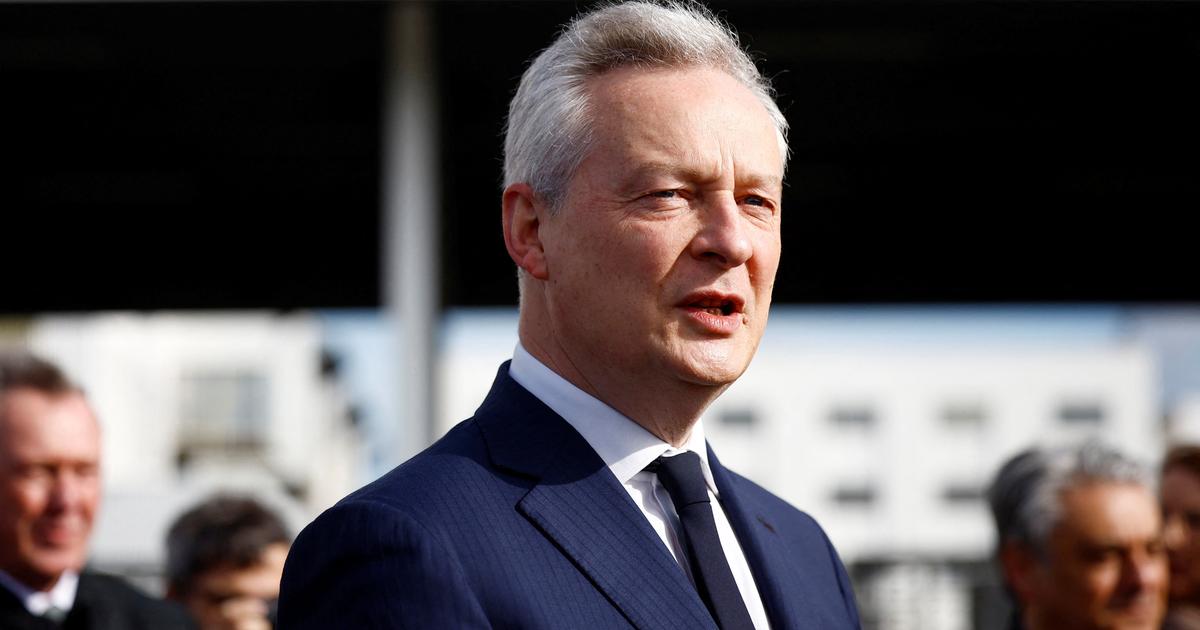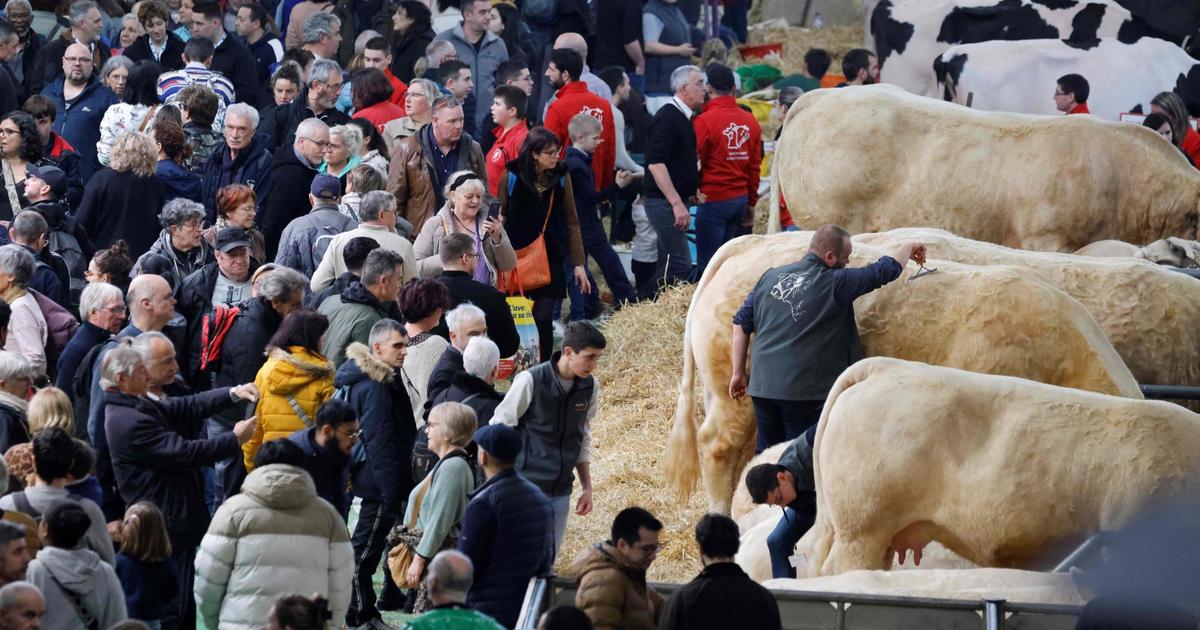Around the 2nd - 1st century BC, the Chinese silk route was launched with the aim of connecting the Asian continent with Africa and Europe and selling a product as valuable as silk on international markets.
For the Romans, the East was exoticism and spices and, at the same time, the origin of all plagues and pandemics.
More than 20 centuries later, China launched the
Belt and Road Initiative
in 2013 to finance development aid projects in more than 140 countries around the world. The plan had a budget of one billion euros from the beginning and was viewed with suspicion by other powers such as the United States and the European Union which, now, almost ten years later, and with three times less money, is willing to compete with Asians.
The European Commission presented on December 1 the Global Gateway, a strategy that aims to encourage investment in infrastructure projects in developing nations. This plan, which aspires to compete with China in terms of cooperation, conditions aid on respect for the green and digital transitions. Its objective, in the words of the High Representative for Foreign Policy Josep Borrell, is "to create connections, not dependencies".
The European plan aims to mobilize more than 300,000 million euros until 2027 with the aim of improving infrastructures around the world and facing global challenges such as climate change. Other prominent goals include strengthening health systems, improving the competitiveness and security of global supply chains, and fostering research and education.
The European plan aims to mobilize more than 300,000 million euros until 2027 with the aim of improving infrastructures around the world and facing global challenges
Global interdependence and the fragility of supply chains are clearly showing the need to improve connectivity in the world.
The European Union seeks, with this new strategy, that world economic relations be based on international rules and standards.
The investments will be delivered by the EU and member states through, mainly, the European Investment Bank and the European Bank for Reconstruction and Development.
However, it also seeks to mobilize the private sector in order to achieve a transformational impact that keeps the funds in recipient countries.
The European plan will be developed in accordance with six basic principles: democratic values, green projects, security, private investment, relations between equals, good governance and transparency.
In other words, the strategy not only seeks to help the partner states, but also to promote the values of the European Union in them as a condition for accessing the funds.
In other words, the objective is that the self-proclaimed "geopolitical" Commission, led by Ursula von der Leyen, really be so through these aids in order to increase its influence in the world and expand what is known as the "European lifestyle". ”.
It is not enough just to give money to these countries.
It is essential that it be well managed, generate innovation and local entrepreneurship in recipient countries
Perhaps the greatest challenge of this new development cooperation strategy is for the European Union to become more visible to recipients. Faced with China's millionaire investments in, for example, the highway that is currently being built in Nairobi, European countries have focused their efforts on other issues, also very important, but less visible, such as defending democracy or Gender equality. Betting now on sustainable investments in large infrastructures seems to be a complementary and more appropriate way to make the inhabitants of less developed places aware of the effort that the European Union is making to help them.
The idea put forward by Borrell of not generating dependencies of developing countries refers, in fact, to the frequent accusation of China of using its Belt and Road Initiative as a "diplomatic weapon" to get the most impoverished to indebt to them and, therefore, depend on China, as Mauro G. Ferrándiz recently recalled in an article.
But, for many, the Chinese debt trap is a myth, since the financed nations know the consequences of obtaining a loan from the Asian giant.
This seems to have led him in recent months to adopt a more cautious position and to curb his lending policy in Africa.
The "third" actor at stake on this issue is the United States Agency for International Development, better known as USAID, which currently sets support for local growth in Central America as a priority objective of its cooperation policy as a strategy to curb the irregular migration in countries like Guatemala. In addition, at the Summit for Democracy in December, Joe Biden also called on the participants to collaborate in the head-on fight against corruption, human rights violations and respect for citizen sovereignty.
Precisely, the goal of curbing irregular migration in the Global Gateway of the European Union, which has a continent like Africa in full demographic “explosion” at its doors, is missing.
The
Navarra Center for International Development
researcher , Tijan Bah, is immersed in a project financed by the European Commission that studies the information gaps to deal with irregular migration in Gambia.
Materializing the alliance with the private sector well is really important for this new cooperation policy of the European Union to be successful
The fact that the European Union's sustainable investments aim to make these countries autonomous is not just another idea. From the point of view of cooperation, it is not enough just to give money. It is essential that this money be well managed and that it generate innovation and local entrepreneurship in the receiving states. For this reason, materializing well the alliance with the private sector in this Global Gateway is really important for this new cooperation policy of the European Union to be successful, at least in terms of development aid.
The classics repeated the Latin expression:
Ex Oriente Lux,
that is, light comes from the East just as silk and spices came.
The European Union, through this new strategy, hopes that the light now comes from the West and that, as with the donation of vaccines, we Europeans are the largest contributors to development cooperation and, with it, to the welfare of all mankind.
Javier Larequi Fontaneda
is a researcher at the Navarra Center for International Development of the Culture and Society Institute of the University of Navarra.
You can follow PLANETA FUTURO on
,
and
, and subscribe
to our 'newsletter'
here
.









